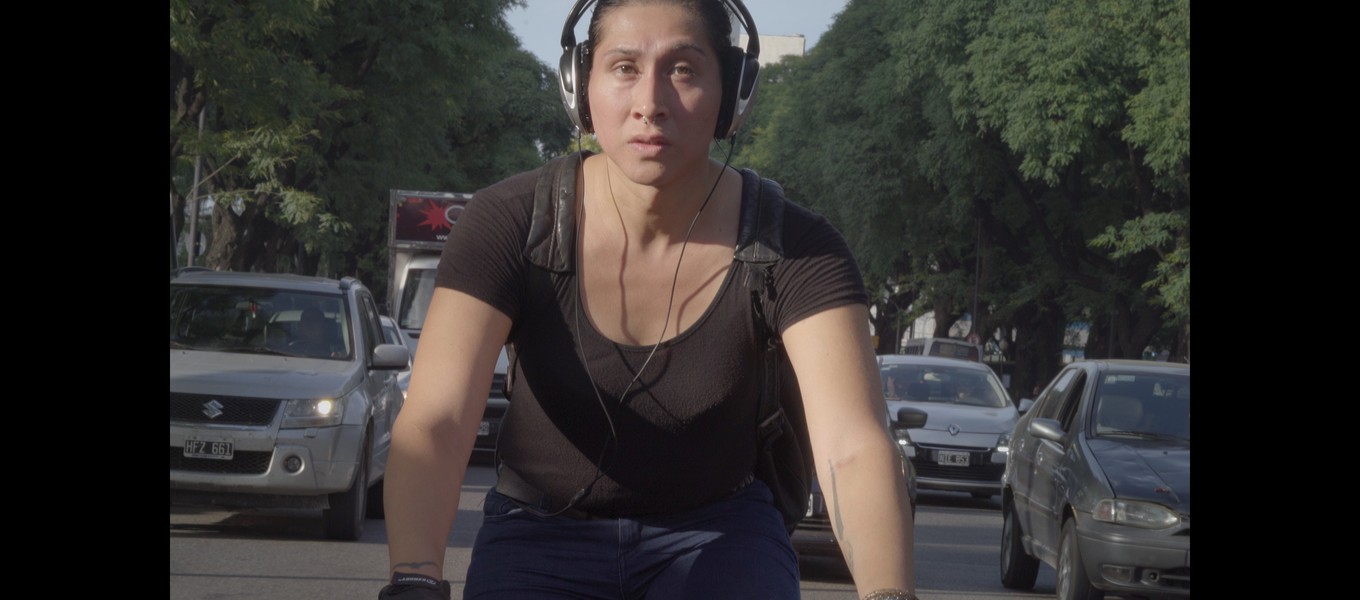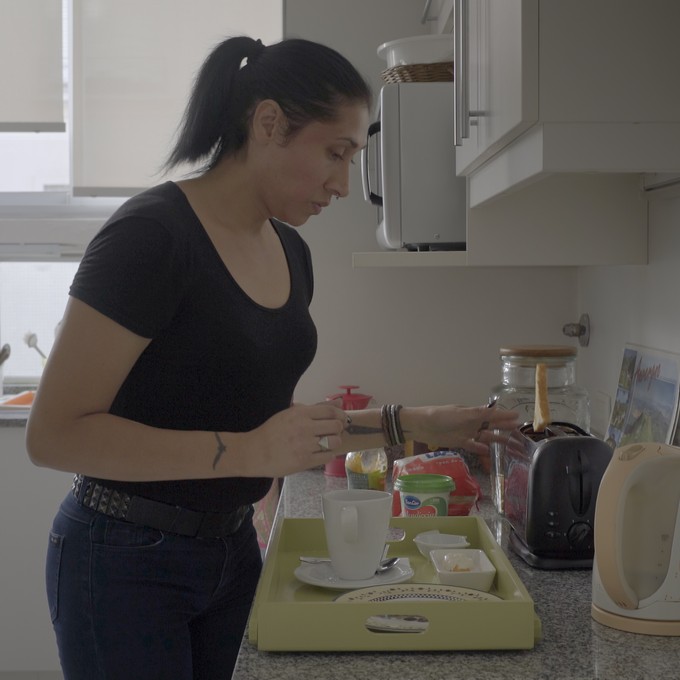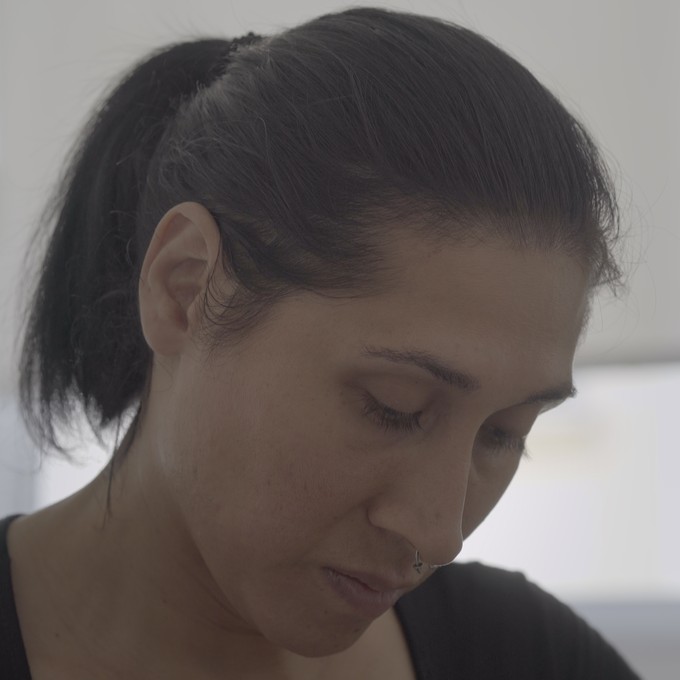Melisa Liebenthal
Constanza - Film - 27min - 2018
présenté dans le cadre de l'exposition Panorama 20



Film
Constanza is 35 years old. She works as a cleaning lady for Irene, a woman of 65 who is temporarily confined to a wheelchair. The film concentrates on Constanza’s meticulous, almost obsessive gestures. As the hours pass, the repetition and melancholy become more and more oppressive, until this daily pattern is shattered.
Irene is my mother and Constanza is Constanza. Each person is playing their own role. I asked my mother to put herself back in that situation of disability, which to my knowledge is one of the most difficult that she has had to live through. Through the figure of Constanza I was able to approach this subject, even if only indirectly. That was not the starting point of the film, and it is not the central subject, but it became the part that touched me most personally.
The process of creating the film made me (re)discover what making fiction means to me and, by the same token, what cinema is all about: a constant (re)discovery of things, a coming and going between loss and the reassertion of control.
Melisa Liebenthal
Melisa Liebenthal (1991) is a director who lives in Argentina and France. Her films combine the personal and the ordinary with reflections that touch on universal subjects. Her first feature film, Las lindas (2016, 77 min), won prizes at the international festivals of Rotterdam, BAFICI and Asterisco LGBTIQ (Buenos Aires). Her short Constanza (2018, 26 min) was shown at BAFICI 2019. She is currently working on her second feature film, El rostro de la medusa, with the support of the Hubert Bals Fund and the BAL - BAFICI.
Production
Acknowledgments
Roberto Liebenthal, María Julia Brunon, Andrea Mercedes Gallo – Estudio de Danzas, Fernanda Cavero, Antonia Terrizzano, Leonel Ostrovsky, El Pampero Cine, Mercedes Gaviria, Marcos Canosa, Mariana Parga, Madeleine Van Doren, Daniel Dobbels, Camila Rodríguez Triana, Hai-Wen Hsu, Alex Verhaest, Marina Smorodinova, Blanca Camell Galì, Yohei Yamakado, Sebastián Agulló, Joakim Hultin
